Who is the President? What are the duties and powers of the President of Vietnam? - Trung Kien (Hau Giang, Vietnam)
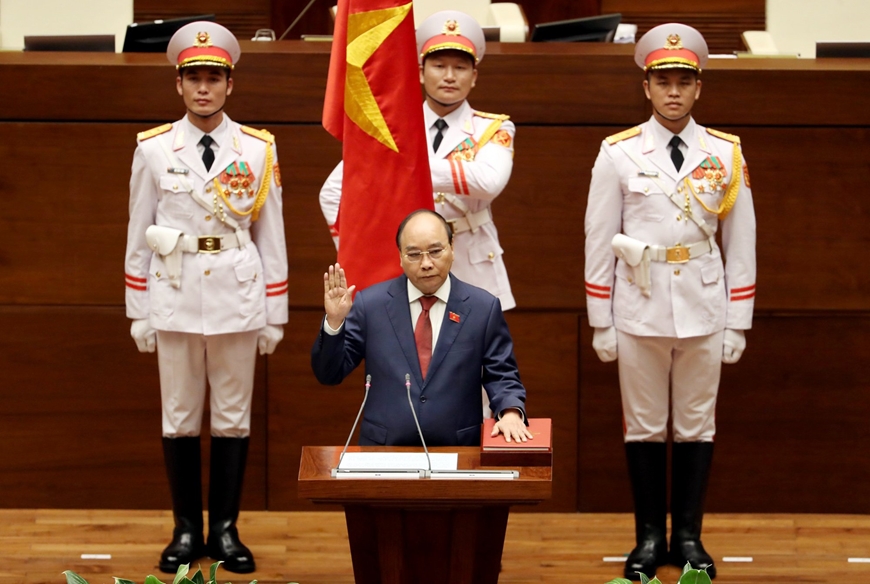
Duties and powers of the President of Vietnam (Internet image)
1. Who is the President?
According to Article 86 of the Constitution 2013, the President is the Head of State and shall represent the Socialist Republic of Vietnam internally and externally.
The President shall be elected by the National Assembly from among its deputies and responsible, and shall report on his or her work, to the National Assembly.
His or her term of office follows the term of the National Assembly. At the expiration of the term of the National Assembly, the President shall remain in office until a new President is elected by the succeeding National Assembly.
(Article 87 of the Constitution 2013)
2. Duties and powers of the President of Vietnam
Specifically, in Article 88 of the Constitution 2013, the President of Vietnam has the following duties and powers:
- The President has the following tasks and powers:
- To promulgate the Constitution, laws and ordinances; to request the Standing Committee of the National Assembly to reconsider its ordinances, within ten days of their passage; if those ordinances are still voted for by the Standing Committee of the National Assembly and disapproved by the President, the President shall refer the matter to the National Assembly for decision at its next session;
- To propose to the National Assembly to elect, relieve from duty or remove from office the Vice President or Prime Minister; and, based on resolutions of the National Assembly, to appoint, relieve from duty or dismiss Deputy Prime Ministers, Ministers or other members of the Government;
- To propose the National Assembly to elect, relieve from duty or remove from office the Chief Justice of the Supreme People's Court or Procurator General of the Supreme People's Procuracy; based on resolutions of the National Assembly, to appoint, relieve from duty or dismiss Judges of the Supreme People's Court;
- To appoint, relieve from duty or dismiss Deputy Chief Justices of the Supreme People's Court, Judges of other Courts or Deputy Procurators General or Procurators of the Supreme People's Procuracy; to decide on a special amnesty; or, based on resolutions of the National Assembly, to proclaim a general amnesty;
- To decide on the award of orders, medals, state prizes or state honorary titles; to decide to permit naturalization in Vietnam, renunciation of Vietnamese citizenship, restoration of Vietnamese citizenship or deprivation of Vietnamese citizenship;
- To assume command of the people’s armed forces and hold the office of Chairperson of the National Defense and Security Council; to decide on the award, promotion, demotion or deprivation of the ranks of general, naval rear admiral, naval vice admiral and naval admiral;
- To appoint, relieve from duty or dismiss the Chief of the General Staff or the Director of the Political General Department of the Vietnamese People’s Army; based on resolutions of the National Assembly or the Standing Committee of the National Assembly, to promulgate or annul decisions to declare a state of war;
- Based on resolutions of the Standing Committee of the National Assembly, to issue an order on general mobilization or partial mobilization, to declare or cancel a state of emergency; or, in case the Standing Committee of the National Assembly cannot meet, to declare or cancel a state of emergency nationwide or in a particular locality;
- To receive foreign ambassadors extraordinary and plenipotentiary; based on resolutions of the Standing Committee of the National Assembly, to appoint, relieve from duty; decide to send or recall ambassadors extraordinary and plenipotentiary of the Socialist Republic of Vietnam; to confer the ambassadorial title and rank;
- To decide on the negotiation and conclusion of treaties in the name of the State; to submit to the National Assembly for ratification of, or decision on the accession to, or withdrawal from, the treaties specified in Clause 14, Article 70 of the Constitution 2013;
- To decide on the ratification of, accession to, or withdrawal from, other treaties in the name of the State.
3. Criteria for appoiment of the title of President of Vietnam
According to point 2.4, Section 2, Part I of Regulation 214-QD/TW in 2020, in order to hold the position of president, it is necessary to fully meet the general standards of members of the Politburo and the Secretariat, and at the same time, have the following qualities and abilities:
- Having a high reputation and being the center of solidarity in the Central Committee, the Politburo, the whole party, and the people.
- Having outstanding and comprehensive capacity in all aspects of work, especially in the fields of internal affairs, external relations, security, and defense; in-depth knowledge of the legal profession.
- Being the center for uniting social forces and ethnic communities at home and abroad
- Being decisive in leading and operating according to assigned functions, tasks, and powers.
- Having successfully completed tasks in the position of secretary of the provincial party committee, city party committee, or head of a central committee, ministry, or branch, you may join the Politburo for a full term or more; special cases are decided by the Central Executive Committee.
Thanh Rin
- Key word:
- President of Vietnam
 Article table of contents
Article table of contents
![[InfoGraphic] 6 forms of discipline for officials and public employees under Decree 71/2016/ND-CP](https://cdn.lawnet.vn//uploads/NewsThumbnail/2016/07/12/1319291-01.png)
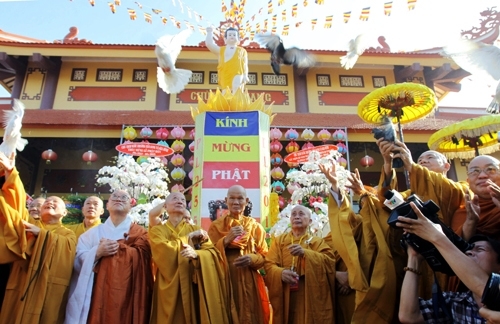
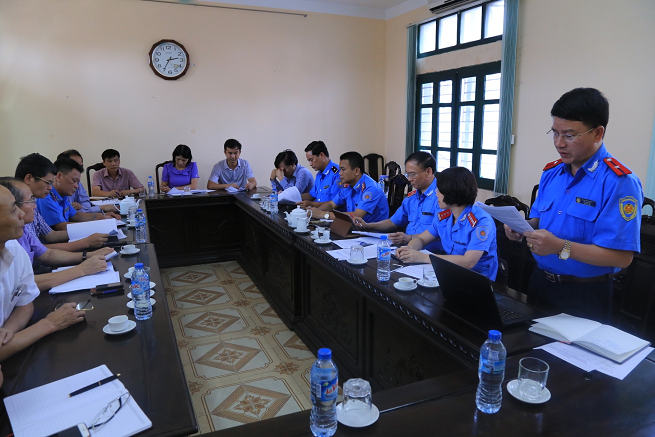
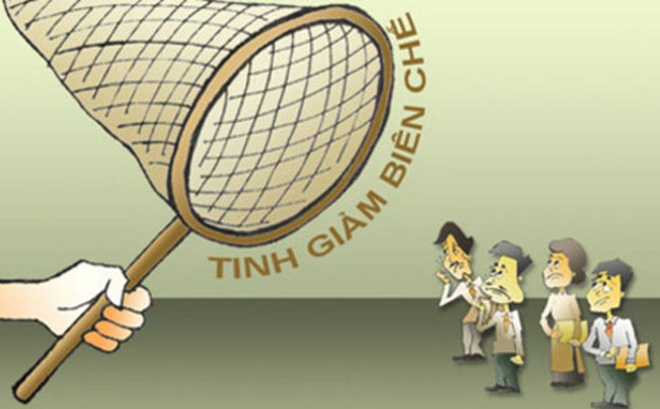
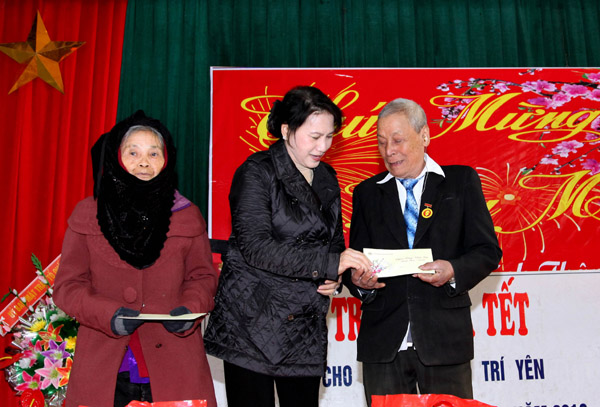
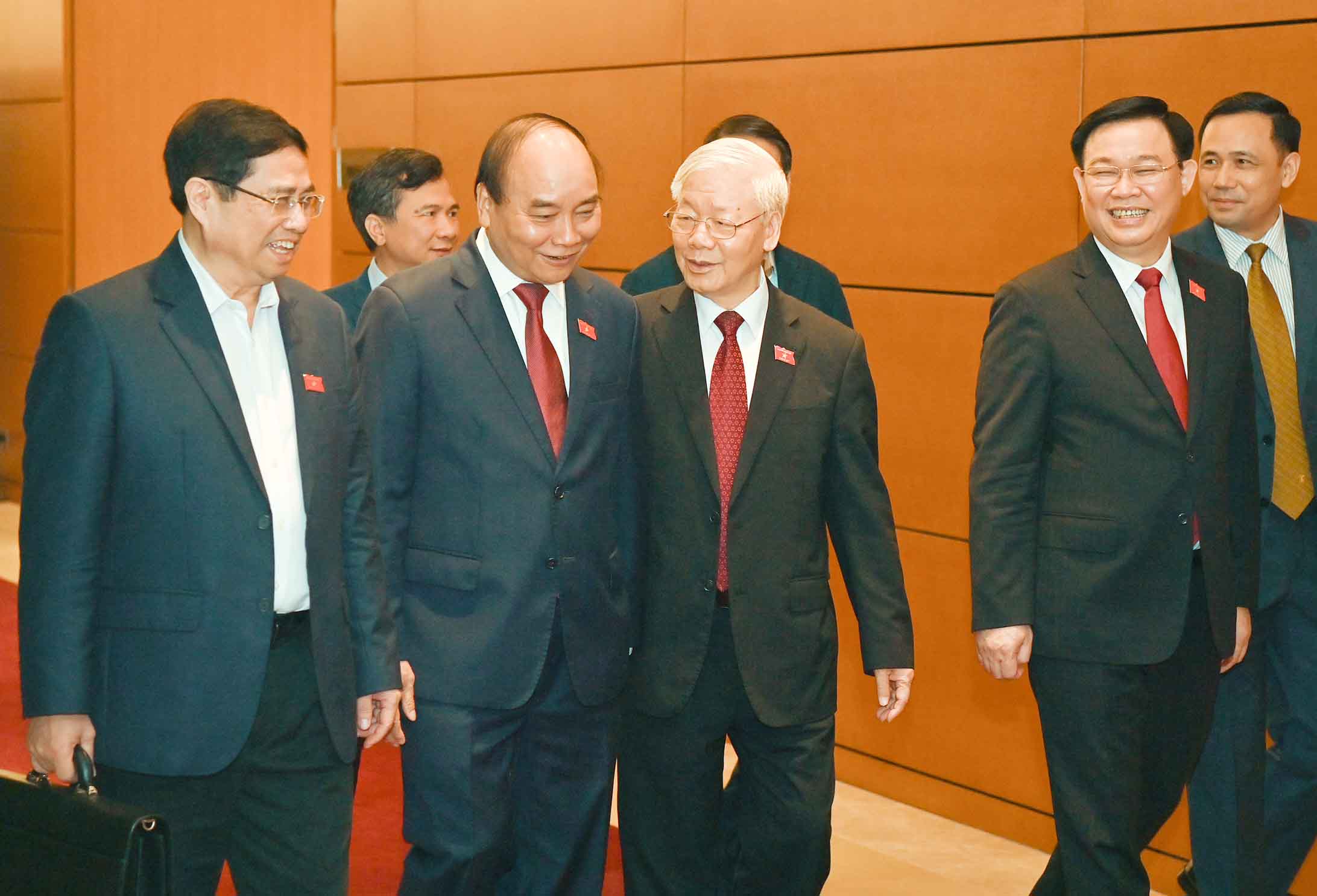
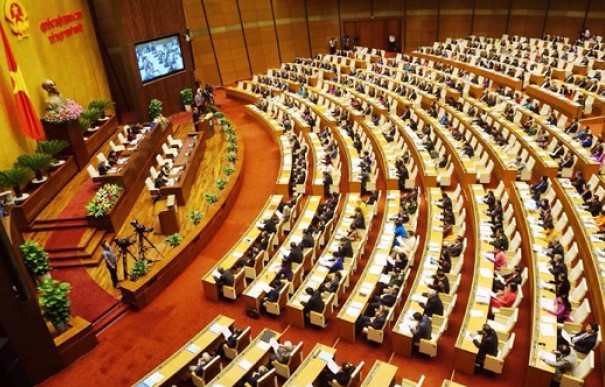
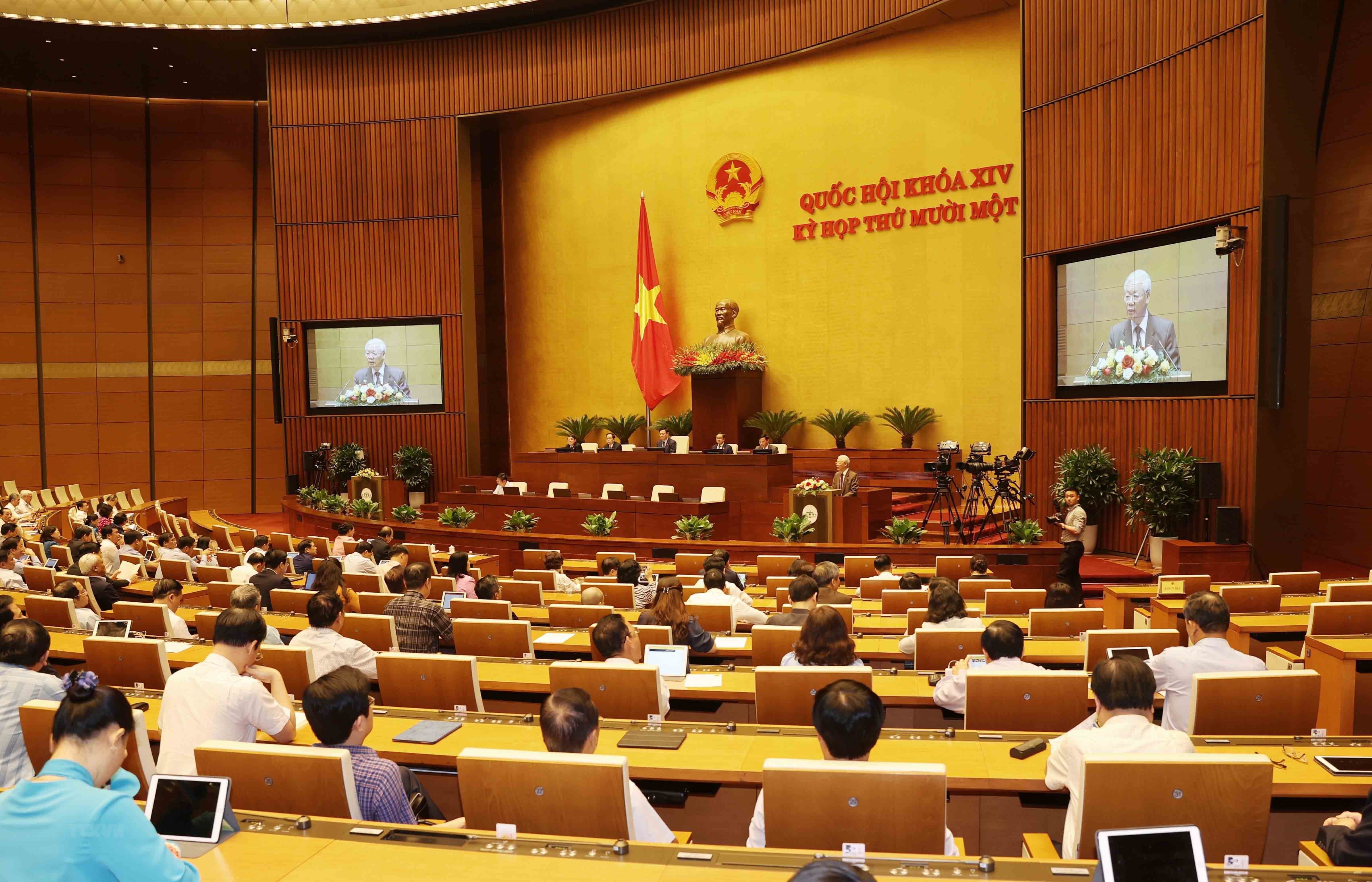

.Medium.png)
.Medium.png)
.Medium.png)
.Medium.png)
